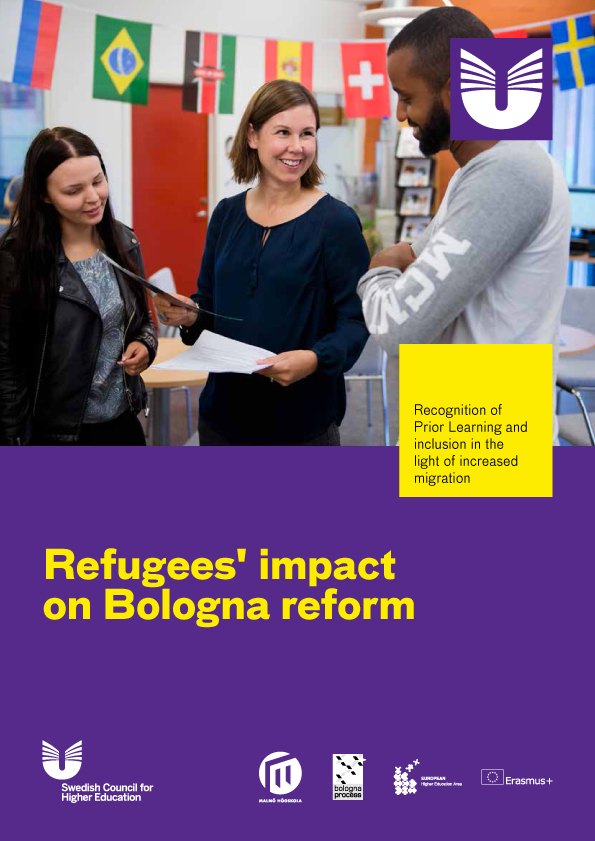Work programme 2015-2018
International Peer Learning Activity - Fine-Tuning Recognition Processes: Challenges, Strategies, Tools

Fine-Tuning Recognition Processes: Challenges, Strategies, Tools International Peer Learning Activity for up to 36 stakeholders Wednesday – Thursday, 26 – 27th April 2017 Divani Palace Acropolis Hotel, Athens
Background information
The Directorate General for Higher Education of the Ministry of Education, Research and Religious Affairs of Greece, together with its National Agency for Erasmus+, the State Scholarships Foundation (IKY), designed and are implementing the project GEAR (Greece Exploring Advanced Recognition in higher education) a project selected under the Restricted Call for Proposals 49/2015 of EACEA (Project number 577798-EPP-1- 2016-1-EL-EPPKA3-BOLOGNA).
The project is strongly linked to the Yerevan Communiqué commitment:
Implementing agreed structural reforms is a prerequisite for the consolidation of the EHEA and, in the long run, for its success. A common degree structure and credit system, common quality assurance standards and guidelines, cooperation for mobility and joint programmes and degrees are the foundations of the EHEA. We will develop more effective policies for the recognition of credits gained abroad, of qualifications for academic and professional purposes, and of prior learning. Full and coherent implementation of agreed reforms at the national level requires shared ownership and commitment by policy makers and academic communities and stronger involvement of stakeholders. Non-implementation in some countries undermines the functioning and credibility of the whole EHEA. We need more precise measurement of performance as a basis for reporting from member countries. Through policy dialogue and exchange of good practice, we will provide targeted support to member countries experiencing difficulties in implementing the agreed goals and enable those who wish to go further to do so.
It acts as a reminder for the need for a consolidated EHEA only to be achieved through structural reforms. Recognition remains an issue relevant to this consolidation and its tools are a corner stone for the smooth implementation of the reforms needed.
For Greece, unobstructed mobility is a national goal, as it enhances higher education as a whole and it broadens mindsets and behaviours.
Survey
The main objective of the PLA was to present the results of an extensive survey on recognition processes and the use of recognition tools among Greek Higher Education Institutions (HEIs), and how they affect students’ and personnel’s mobility. The survey was based on: (a) an e-questionnaire addressed to all 40 Greek HEIs, (b) an e- questionnaire addressed to all 480 academic Departments, (c) interviews with institutional stakeholders and experts, and (d) questionnaires addressed to a considerable sample of incoming and outgoing exchange students.
A preliminary report is available online in the project’s website and was aimed to contribute to the preparation of the discussions before the PLA.
Main issues
This PLA attempted to address issues such as:
- Which successful internationalisation strategies have countries implemented to increase mobility of students, as well as academic and administrative personnel?
- Which of the recognition tools and strategies are implemented in the higher education system: ECTS, Diploma Supplement, quality assessment, learning outcomes?
- Which are the processes for the recognition of foreign academic degrees in different countries (who is responsible, which are the preconditions for recognition, what recognition entails, how much time the process takes)?
- What are the most frequent challenges for a student being mobile?
- Are recognition tools enough to deal with global challenges and radically changing environments?
There were also two parallel thematic sessions (a) on ECTS, Programs and Policies of Student Mobility; and (b) on Diploma Supplement and Degree Recognition.
Conclusions
The conclusions of the PLA are available on the official website.

